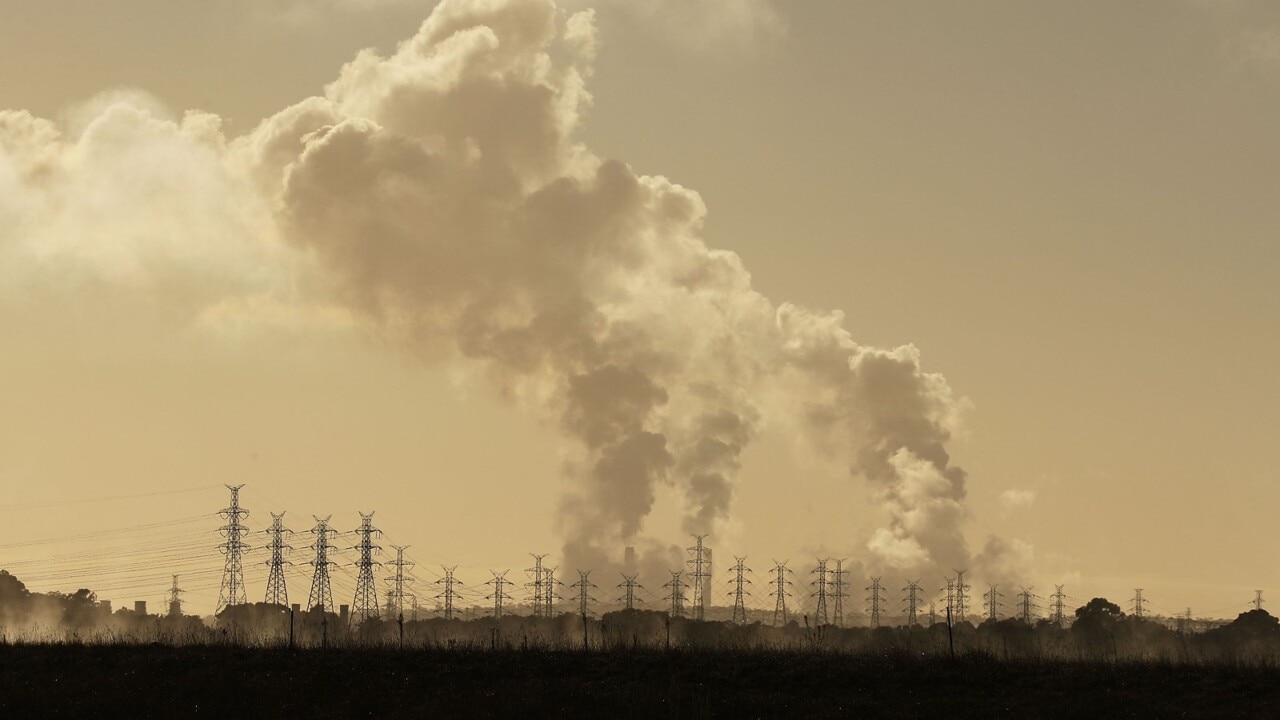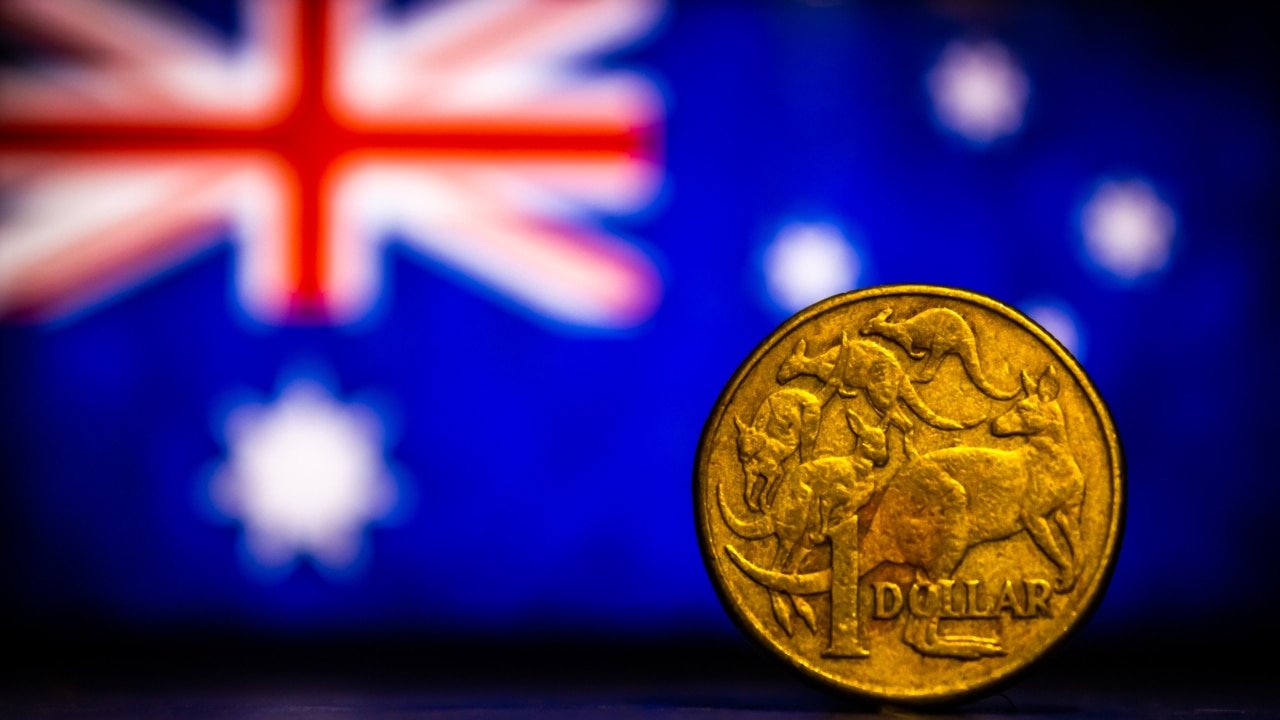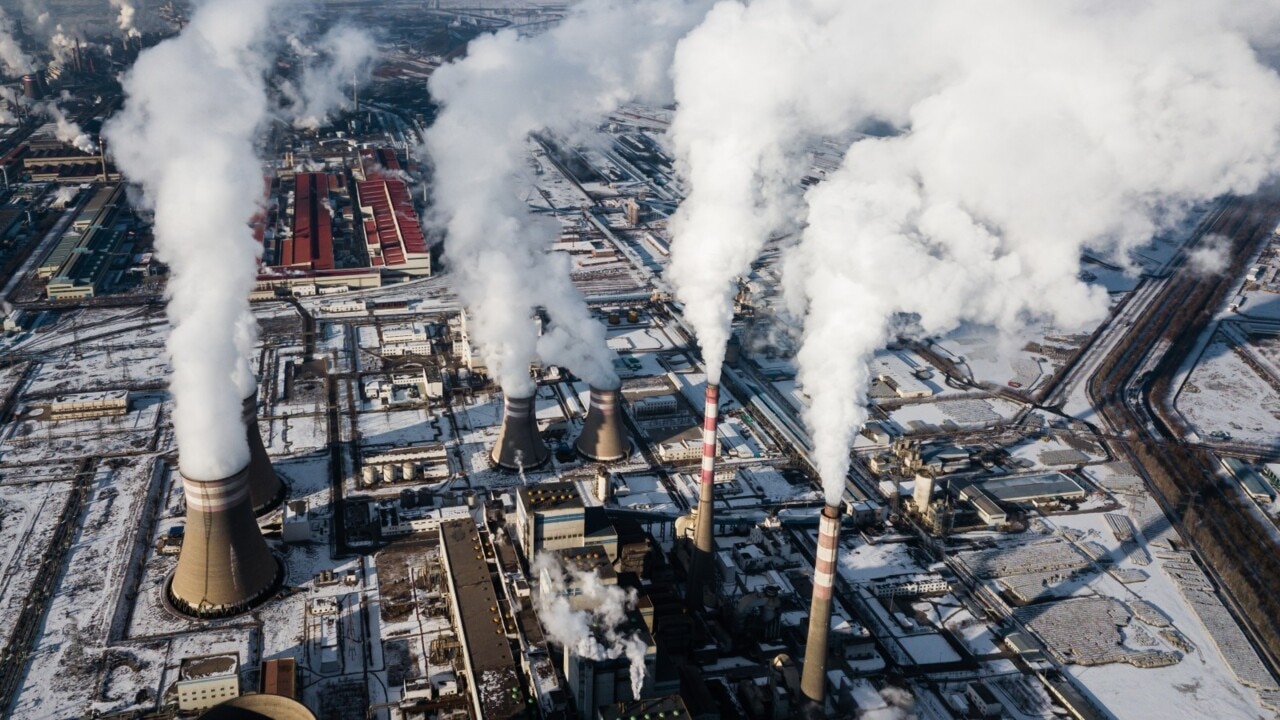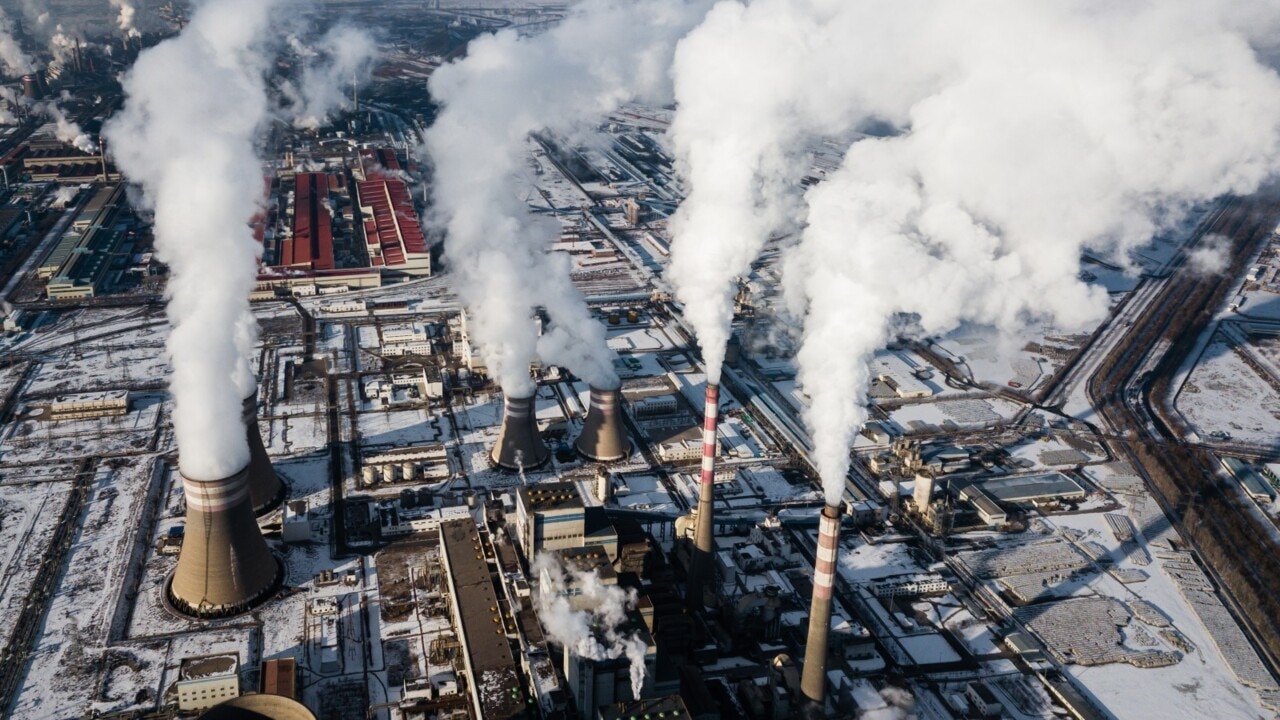The deal struck this week by the Federal Government and the Greens to pass safeguard mechanism reform through the Senate has ratcheted up the risk of domestic gas supply shortages and further undermined Australia’s energy security.
This agreement could not come at a worse time for Australia’s energy sector.
The Australian Competition and Consumer Commission in January said new investment in gas is urgently required to prevent shortfalls in Australia’s eastern states.

Following the announcement of the deal, the Chief Executive of Australia’s peak gas body, the Australian Petroleum Production and Exploration Association, Samantha McCulloch said: “New gas supply investment needs policy and regulatory certainty but instead, the Labor-Greens deal creates additional barriers to investment.”
She said it also adds “to the growing list of regulatory challenges facing the sector”.
The safeguard mechanism reforms, the Federal Government’s marquee net zero policy, mandates that certain businesses must purchase carbon credits from other businesses that emit below their regulated levels.
If they cannot trade, they must pay a levy to the federal government, which is, for all intents and purposes, the reintroduction of the carbon tax.
The concessions the Federal Government made to the Greens present a significant clear and present danger to Australia’s future economic prospects.
The most concerning of which is the so called “pollution trigger”.
The trigger is, in effect, a backdoor method to allow the cancellation of all future coal and gas projects by a simple ministerial decree, a core goal of the Greens from the election last year.
It stretches the bounds of credulity that, despite the urgent need for more baseload power to ameliorate record household energy bills and the ever-present threat of gas supply shortfalls, a responsible government could commit to such an arrangement.
And this commitment also raises a key question: why would the Federal Government commit to creating a trigger which can effectively shut down an entire industry if it never intends to use it?
As the Greens themselves have said, the wide-ranging powers of such a pollution trigger, which they sought in exchange for their political support, could allow a minister to set carbon credit allowances for new projects at zero, happily declaring this could effectively stop new projects from proceeding.
Fresh off their political win, the Greens declared that up to 116 new coal and gas projects could be impacted by the Federal Government’s capitulation.
But industry knows this is not the Greens’ end game, having said repeatedly that they want all new coal and gas projects to be destroyed in the name of net zero.

Previous IPA research found that the cancellation of all future coal and gas projects and the policy of net zero would result in the cancellation of 473,000 jobs in regional Australia, destroying $268 billion in direct and indirect economic activity, and doubling retail energy prices.
These are the real consequences of what the Federal Government has done in its rush to achieve a political outcome and save face.
Another significant concession granted to the Greens is mandating all new gas fields used for exports be at net zero at the time of commencement.
This threatens our immediate trading future, especially considering there’s a global gas shortage due to the war in Ukraine and tensions in the Asia-Pacific.
These concessions are purposefully handicapping our ability to trade while there’s a massive gap in the global gas market.
The original version of the safeguard mechanism reforms, before the Greens got their hands on it, was already antithetical to Australia’s prosperity.

IPA analysis presented to the Senate’s inquiry into the safeguard mechanism reforms found that 84 per cent of the businesses targeted will be in regional Australia, and that close to nine out of every 10 facilities targeted are in industries critical to our prosperity, such as coal, gas, mining, transport, and manufacturing.
Increased regulation on Australia’s most critical industries could not be less timely, with an ongoing energy crisis, surging power prices, inflation, and low consumer confidence all contributing to the profound economic difficulties being experienced by mainstream Australians across the country.
Business investment as a percentage of the economy is also lower today than during the GFC, the 1990s recession, and the anti-business Whitlam years.
Imposing yet more red tape on the industries most critical to Australia’s prosperity will hardly inspire those in the private sector to invest in our future, making it even harder to keep our lights and heaters on.
Our nation’s future has been gambled in the pursuit of fringe green policies, and what a fool’s game this gamble could turn out to be.
Saxon Davidson is a Research Fellow at the Institute of Public Affairs
